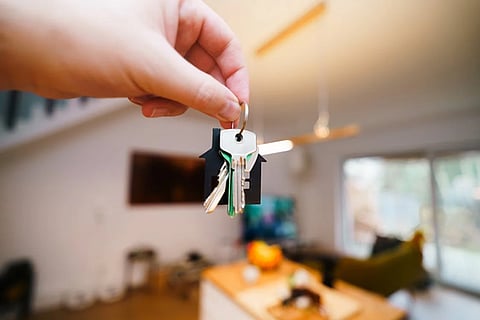The Financial Responsibilities That Come With Being A Landlord
Investing in property is a great way to build your financial independence, whether you’re saving for your retirement or trying to build your passive income streams so that you can focus less on your career in general. However, for all the benefits that come with being a landlord, it also comes with a wide range of financial responsibilities that you have to take into account as well. Underestimating and not preparing for them can make the whole venture much less profitable than it should be.
Budgeting For Repairs And Maintenance
Landlords are legally responsible for the maintenance of their properties, ensuring that they’re kept in a safe and habitable condition. This is going to include repairs and ongoing upkeep, and if you want to avoid costly tenant disputes, then you should be proactive with these as best as possible. You should budget for not just routine tasks like painting or plumbing, but also for unexpected issues such as boiler breakdowns or roof leaks. A well-maintained property also retains its value and attracts better tenants, reducing vacancy rates.
Periods Without Rental Income
Although the aim of the game is to keep tenants in your property as long as possible, you need to prepare for vacant periods, whether due to tenant turnover, renovations, or market slowdowns. During these times, you’ll still be responsible for mortgage payments, council tax, and basic utilities. It’s important to maintain a financial buffer or emergency fund to cover expenses when no rent is coming in. Relying on the monthly income generated by the property alone, and not setting any aside, is an easy way to find it becoming a cash flow problem.
Tax On Your Rental Income
As implied in the point above, you do have to declare any rental income you make on your property and pay income tax on it. Nowadays, this also means making tax digital for landlords, keeping up-to-date with a series of incoming regulations that make it vital to use software to keep digital records and submit any updates to the tax office, providing that you make over a certain threshold. You can, of course, make your tax payments more manageable by deducting allowable expenses, such as letting agent fees, insurance, and property maintenance, but you have to keep accurate records for all these.
Capital Gains Tax
Aside from tax on any income you make, you may also have to pay Capital Gains Tax on any profits you make when you sell your rental property. How much you have to pay depends on factors like your overall income and how much gain you’ve made since purchase, after deducting allowable costs like solicitor fees, stamp duty, and improvement expenses. However, regardless, you have to report and pay it usually within 60 days of the sale of the property, so you should account for CGT during any exit strategies.
As a landlord, it is vital that you understand the responsibilities you have, not just towards your tenants, but towards your finances. The tips above should hopefully make those clearer for you.
Inspired by what you read?
Get more stories like this—plus exclusive guides and resident recommendations—delivered to your inbox. Subscribe to our exclusive newsletter

